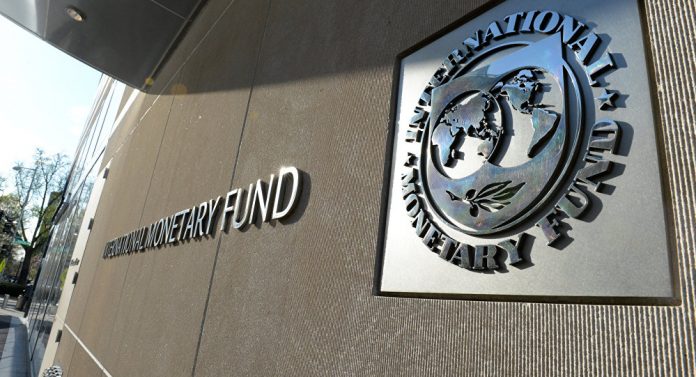WASHINGTON: The International Monetary Fund (IMF) has temporarily increased the amount of financing which the member countries can request in an year and removed caps on the number of funding disbursements, which poor countries can secure as the fund looks to help strengthen economies struggling in the wake of the Covid-19 pandemic.
The Washington-based lender approved the temporary increase in annual limits on access to resources in its General Resources Account (GRA) and the Poverty Reduction and Growth Trust (PRGT), as an “unprecedented number of member countries” sought financial support, it said in a statement on Wednesday.
Many of the countries that have received financial support from the IMF since the onset of the pandemic “have reached, or are approaching” their annual access limits, the lender said.
The fund’s annual access limit to the GRA has now risen to 245 per cent of quota, from 145 per cent previously. For the PRGT it has increased to 150 per cent of quota until April 6, 2021, from its earlier level of 100 per cent. The IMF’s board also supported a temporary increase in the exceptional annual access limit under the PRGT to 183 per cent of quota during the period.
As of mid-July, 72 countries had received financial assistance from the IMF’s emergency financing instruments after the fund doubled the annual access limits under these facilities on April 6.
“Further requests for assistance, the majority of which are likely to be met through the IMF’s regular lending instruments, are expected in the months ahead,” the lender said.
Access to fund resources is the amount of financing that a member country can request on an annual basis. Requests for amounts in excess of these limits are viewed as exceptional and are subjected to tighter scrutiny in terms of strength of policy, sustainability of debt levels and a capacity to repay.
The IMF’s executive board also approved the temporary suspension of the limit on the number of disbursements under its Rapid Credit Facility (RCF) until April 6 next year. The move allows it to provide emergency financing to its poorest member countries, grappling with the economic aftermath of the Covid-19 pandemic. They will now be able to receive frequent disbursement of funds, provided the combined amounts under the RCF do not exceed the annual limit on access under the facility, the IMF said.
The IMF and the World Bank, along with other multilateral financial institutions, are providing credit facilities and grants to help the poorest nations to strengthen their health infrastructure and deal with the economic fallout from the pandemic. In April, the group of the world’s 20 biggest economies also agreed on the time-bound Debt Service Suspension Initiative (DSSI) for poor countries, allowing suspension of debt until the end of this year.
So far, 42 countries have asked for assistance under the scheme, resulting in the deferral of about $5.3 billion in debt repayments. The G20 last week said it will consider extending the initiative when its financial policymakers meet later this year.
The initiative stands to benefit 73 members of the International Development Association on a debt service plan with the IMF and the World Bank, as well as the least developed nations as defined by the United Nations.



































